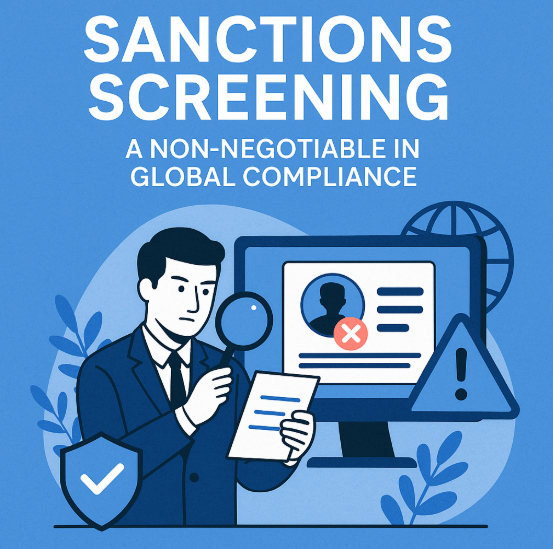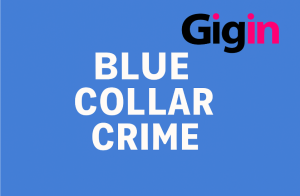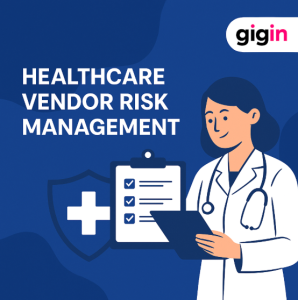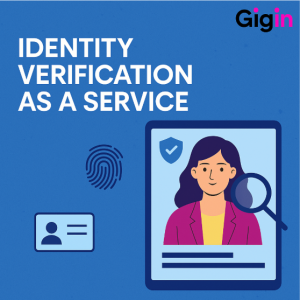In today’s interconnected world, where businesses often deal with international partners, vendors, and customers, ensuring compliance with global sanctions is more important than ever. Sanctions screening acts as a gatekeeper that prevents organizations from engaging in unlawful or high-risk financial activities. It not only protects businesses from legal and reputational fallout but also promotes responsible, ethical operations in line with national and international regulations.
Table of Contents
The Importance of Sanctions Screening in Compliance Strategy
Sanctions screening is the process of checking individuals, entities, and transactions against lists of sanctioned or watchlisted names issued by governments and regulatory bodies. These include OFAC (Office of Foreign Assets Control), UN, EU, and other jurisdiction-specific bodies. Failure to comply with sanctions can result in heavy fines, criminal liability, and even loss of operating licenses. Therefore, having a reliable and up-to-date screening process is essential for any business engaged in cross-border activity.
Check Here: Medium Risk Customer KYC
Use Cases: Where Sanctions Screening is Critical
Sanctions screening isn’t just a checkbox activity. It plays a vital role in multiple high-stakes environments where regulatory compliance and risk mitigation are essential. From preventing financial crimes to protecting corporate integrity, effective screening ensures that organizations don’t unknowingly engage with restricted entities or individuals. Below are some key scenarios where screening becomes indispensable:
- Banking & Financial Institutions: To ensure that customers and transactions comply with national and international laws.
- Fintech & Payment Platforms: Screening users to prevent inadvertent involvement in money laundering or terrorist financing.
- Logistics & Shipping: Ensuring goods aren’t moved through or to sanctioned territories or entities.
- Healthcare & Pharma: Screening vendors and research collaborators to avoid compliance risks with international trade restrictions.
- Corporate M&A: Conducting due diligence on acquisition targets to detect any sanctions exposure before closing deals.
The Risks of Skipping Sanctions Screening
Neglecting sanctions screening is not just a compliance oversight. It’s a high-risk gamble that can expose a business to serious consequences. In industries where regulatory expectations are strict and constantly evolving, even a single lapse in screening can result in significant financial, legal, and reputational damage. Understanding these risks is key to building a resilient and compliant operational framework. Here are the major pitfalls of skipping or underestimating screening:
- Regulatory Fines & Penalties: Businesses can be heavily penalized for unknowingly dealing with sanctioned individuals or organizations.
- Reputational Damage: Public association with sanctions breaches can erode trust with customers, investors, and regulators.
- Operational Disruption: Legal issues and regulatory investigations can stall operations and lead to revenue loss.
- Legal Liabilities: Company executives and compliance officers can be held personally accountable.
- Loss of Licenses & Banking Relationships: Regulators may revoke operating permissions or sever ties with banking partners.
Check Here: Due Diligence and Risk Management
Verifyin by Gigin: Real-Time, AI-Powered Sanctions Screening
In a world of evolving regulations and growing cross-border transactions, businesses need more than just manual checks. They need intelligent, real-time compliance systems. Verifyin by Gigin brings a cutting-edge solution to the table with its AI-powered sanctions screening platform. Designed for accuracy, speed, and scalability, Verifyin ensures your organization stays compliant with global watchlists while minimizing false positives and operational delays. Here’s how it transforms the way modern businesses handle sanctions risk:
- Real-Time List Monitoring: Stay updated with global sanctions databases like OFAC, UN, HMT, EU, and more.
- Smart Entity Matching: AI-powered algorithms reduce false positives and accurately flag suspicious identities.
- Custom Risk Scoring: Tailor screening logic and thresholds based on your risk appetite and industry.
- Ongoing Watchlist Updates: Automated syncing with global sanctions updates for uninterrupted compliance.
- Easy Integration: Plug into your onboarding and operations stack seamlessly with APIs and dashboards.
FAQs
What is sanctions screening, and why is it important?
Sanctions screening checks individuals, companies, and transactions against official watchlists to ensure they’re not involved in restricted or illegal activity. It helps businesses stay compliant and avoid legal trouble.
Who is required to do sanctions screening?
Any organization operating in regulated industries, such as banking, fintech, shipping, healthcare, and international trade, is usually required to conduct sanctions screening under local and global laws.
How often should sanctions screening be done?
Screening should be continuous. Initial checks are performed during onboarding, but ongoing monitoring is essential as sanctions lists are updated regularly.
What are the common challenges in sanctions screening?
The biggest challenges include high false-positive rates, delayed updates, manual reviews, and difficulty integrating screening tools into business workflows.
Why is Verifyin by Gigin the best choice for sanctions screening?
Verifyin combines real-time list tracking, smart AI matching, and easy integration to deliver efficient and scalable screening. It’s built to minimize false positives while ensuring robust compliance coverage.

